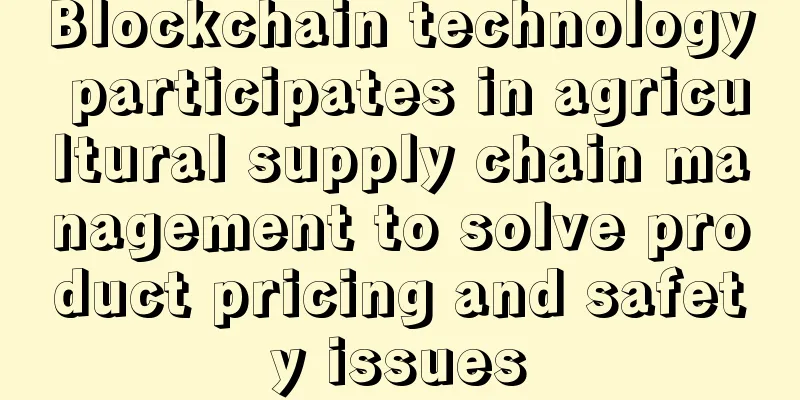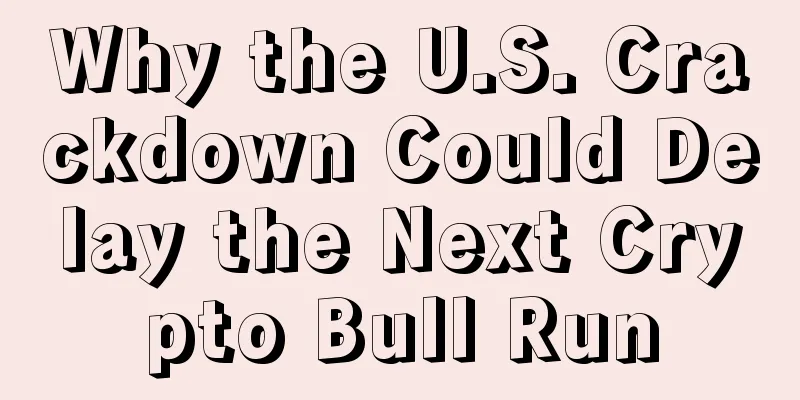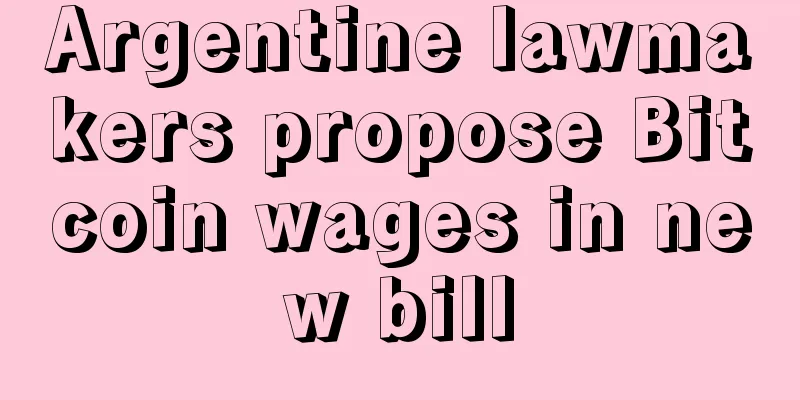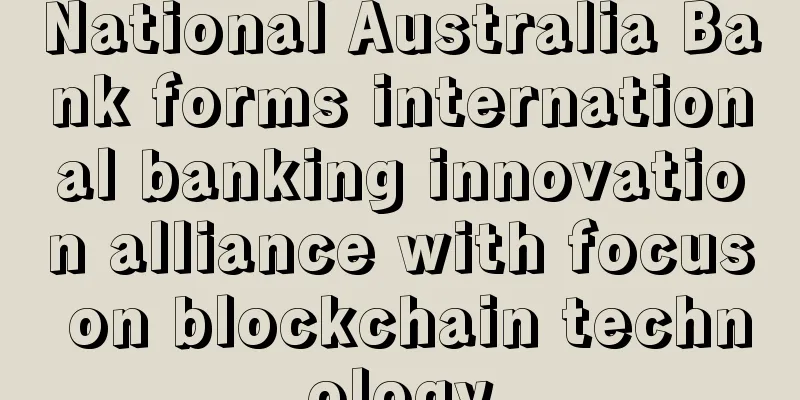Bitcoin is good for PayPal, but can PayPal be good for Bitcoin?
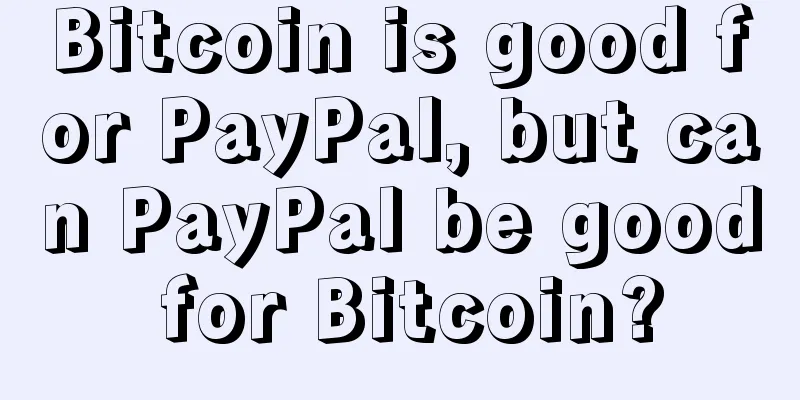
|
Good for Bitcoin? Both pro-coin and anti-coin commentators have expressed skepticism about PayPal’s small step. Believers are disappointed that PayPal customers can only move cryptocurrencies within PayPal’s network (you can’t deposit or withdraw your Bitcoin). Skeptics are unsure whether PayPal’s crypto integration adds anything truly new to the customer’s payment experience. Some acknowledge that a giant like PayPal can only ever take small steps, and that allowing cryptocurrencies to be withdrawn from the PayPal network will always be too risky from an anti-money laundering perspective. However, two fintech commentators got to the point and pointed out that Bitcoin is good for PayPal. First, Simon Taylor of the FT pointed out how Bitcoin has increased customer engagement for Square’s Cash App, and then Ron Shevlin, writing in Forbes, stressed that the need to compete with Cash App is likely to drive PayPal’s adoption of Bitcoin. I am also bullish on the PayPal news, though for different reasons. The real value of PayPal supporting cryptocurrencies is not that people will be able to buy and sell crypto. People can already buy and sell crypto on p2p platforms like Paxful and numerous global and local crypto exchanges around the world. It’s that a few percent of PayPal’s 345 million customers will be incentivized to learn about crypto, and most of PayPal’s competitors will be incentivized to look at the industry in a completely different light. These two factors combined will bring tens of billions of dollars in retail assets to crypto over the next two years, turning minnows into tunas and tunas into whales. Now that we know what’s coming, should we all quit our COVID-era jobs and retire? 10x regulation No, we can’t, and here’s why. Where banks go, regulation follows. Outside of the United States, regulators have been relatively hands-off about the crypto industry. China and India, which have banned Bitcoin or virtual currencies at different points in time, haven’t actually enforced such bans strictly. Even the United States has been flexible in its interpretation of securities and consumer protection regulation. This is because of two reasons. First, most regulators view cryptocurrencies as fringe pursuits for nerds. And second, they feel comfortable that the fiat banking system is not exposed to the risks posed by the crypto ecosystem. Until 2018, regulators discouraged banks from working with crypto businesses. Crypto exchanges adopted stablecoins such as Tether (USDT, 0.00%) in 2016-2017, and then broke through the regulatory "fiat-to-crypto barrier" in 2019 by partnering with small and medium-sized payment companies that lacked banking licenses. Today, major exchanges such as Coinbase, Kraken, Blockchain.com, and Binance have three to four banking partners in major jurisdictions, and new fiat-to-crypto payment channels are launched every week. In fact, banks serve crypto payments, but rarely crypto directly. What this means for crypto Four aspects. First, for consumers, it means less risk and better asset protection and consumer protection standards. When Kucoin was hacked, there was no major regulatory response, but if Kucoin was a British bank and was hacked, we would have an army of auditors looking at every document inside the bank and announcing a large fine and a new set of controls. Secondly, it means much lower profitability for crypto, fewer and better quality assets. Today, a developer can launch a lending service, no KYC, no funding, no risk management, no personal responsibility. Such a token will be quickly listed on an exchange, and if it goes to zero in two weeks, the customer is REKT, and regulators will not take any action. Once banking rules apply, such a business will be shut down in a timely manner. Essentially, the cost of launching a new service, that is, the speed of innovation will be 100 times slower, and more expensive innovation is the price we pay as a society to protect consumers and reduce systemic risk. Third, crypto’s overnight returns and risk cycles will be aligned with the 8-year long risk cycles of the rest of fintech. Harvest Finance, which recently had $24 million of customer funds manipulated, loves to describe how their deposits are growing much faster than Monzo. What the Harvest Finance team clearly doesn’t understand is that the cost of simply launching Monzo is about $500-100 million, while the cost of launching Harvest Finance is two people living off ramen in a garage. Furthermore, Monzo can’t afford to lose $24 million in customer deposits and just apologize on Twitter and get away with it. In the UK, under the UK’s “senior managers” system, Monzo executives can actually be sanctioned and punished for this kind of blunder. Fourth, if everyone is a bank, there will be far fewer assets to trade at higher costs, and everyone except bank executives will make a lot less money, and there will be far fewer people losing money today. Exchange hacks, pimping, copycat industry scams, and other reminders of the pre-1934 Wall Street era will be greatly reduced. Is the crypto party over now? No, in fact, it’s just about to get bigger, but less entertaining. The banks are winning. Crypto believers may feel like they’ve taken over Wall Street, and we may have for a while, but now the opposite is happening. Banks are increasingly taking over Crypto Street instead. If the Hong Kong Securities and Futures Commission’s announcement on Tuesday is any indication, the era of crypto companies operating without licenses, registrations, and the full weight of compliance and risk controls is over in a few years. Crypto companies like Coinbase, Kraken, and Binance, which appear to be taking aggressive steps to obtain payments and banking licenses ahead of this convergence, will win big, while those that don’t will find it pretty hard to survive as standalone businesses after 2025. |
<<: Are crypto assets being included in asset allocation by more and more institutions?
Recommend
Interpretation of the nose for positive wealth and the nose for partial wealth
The nose is the husband star, governing marriage,...
Santander Bank appoints Blythe Masters as senior blockchain advisor
Rage Review : Blythe Masters announced her resign...
Security firm: Google removes 8 malicious apps disguised as cryptocurrency cloud mining platforms from the Play Store
Google has removed eight malicious mobile apps di...
People with forked career lines in palmistry are natural leaders
Is it good to have a forked career line on your p...
Bitcoin mining machines stolen from Iceland may be in China
Icelandic local media RUV said last week that 600...
Do people with moles in their wealth palace lack financial management acumen?
The House of Wealth is mainly responsible for man...
Body shape analysis: What body shape of women has the best luck?
Body shape analysis: What body shape of women has...
What are the facial features of people who are destined to be rich?
1. High and wide forehead The forehead represents...
How to know the position and fate of moles on the neck
The mole on the neck is a visible mole, located i...
Analyst warns: Bitcoin price could fall below $30,000 if stock market crashes
The stock market could crash again, which would t...
What is the saying about eyebrows?
Since eyes are the windows to our soul, we can th...
What does it mean to have a long neck and a sandbag belly and raise a child?
Family love is the most difficult feeling to give...
The face of a woman with constant peach blossoms
The face of a woman with constant peach blossoms ...
How to tell from your palm whether you are destined to work hard
This world is often unfair. Some people work hard...
Is it a blessing or a curse for a woman to have a mole on her face?
A mole is a slightly raised spot on the skin. Acc...
